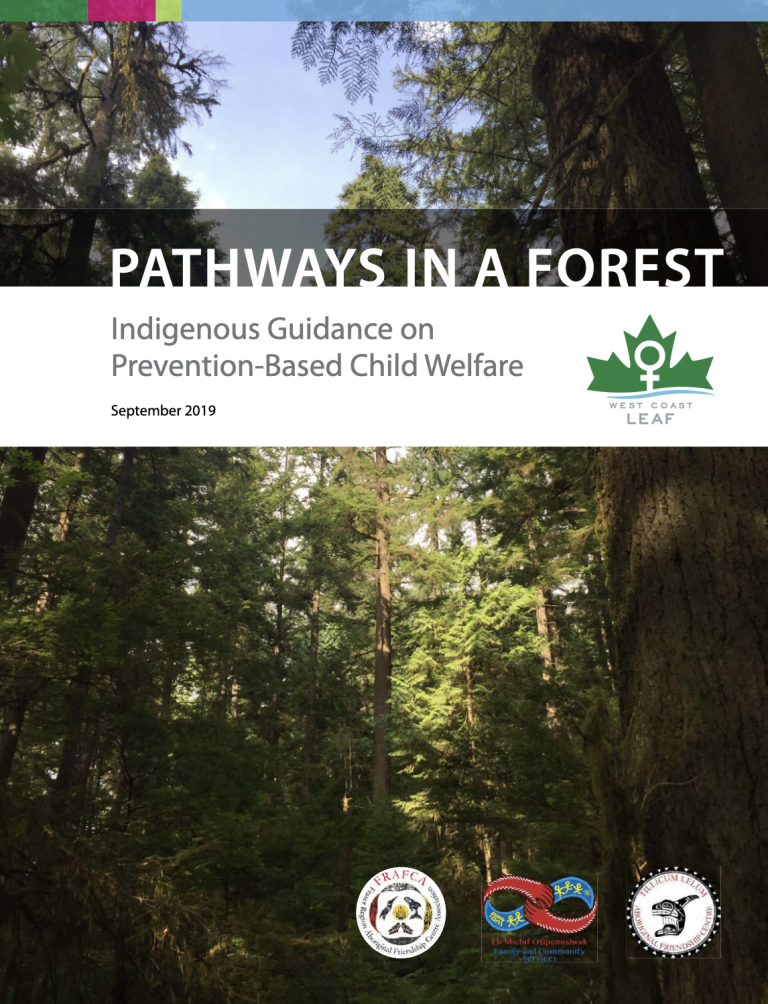2 search results
for
Independent offices of the Legislature
Recommendations for systemic reform
Recommendation 3: The BC Human Rights Commission should undertake a review/inquiry into MCFD culture, training, policies, procedures, practices, and accountability mechanisms to assess whether MCFD policy and practice is in line with the Human Rights Code.-
Category and theme:
Audience:
Groups affected:
Recommendations for legislative reform
Recommendation 11: Increase court oversight of MCFD’s efforts to identify less disruptive measures by adding the following provisions to the CFCSA:- The court shall not make an order removing the child from the care of a parent or guardian unless the court is satisfied that less disruptive measures, including services to promote the integrity of the family, have been attempted, refused by the parent or would be inadequate to protect the child;
- Where the court determines that it is necessary to remove the child from the care of a parent or guardian, the court shall, before making an order, consider whether it is possible to place the child with a person or group in accordance with the order of preference of placements.
-
Category and theme:
Audience:
Groups affected:
